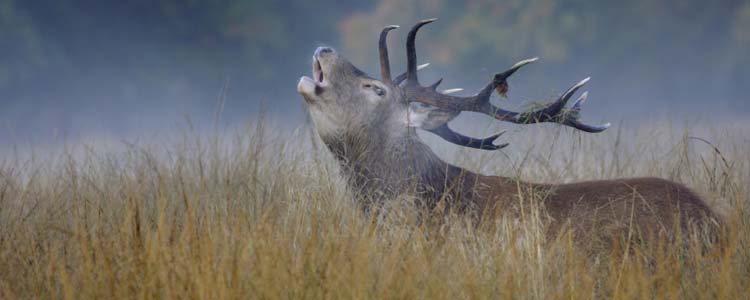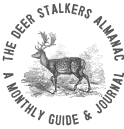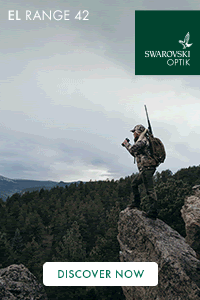The British Government has confirmed that a full ban on most lead ammunition will come into force by 2029, following a three-year transition period starting in 2026.
The announcement made on 10th July 2025 by the UK Government, confirming a phased ban on lead ammunition by 2029, marks a significant moment for those of us involved in the responsible management of the British countryside. After years of speculation, consultation, and in some quarters, voluntary transition, this legislative step now sets in motion a mandatory timeline that will reshape how live quarry and target shooting is conducted across England, Scotland, and Wales.
The details are, by now, widely known. By summer 2026, legislation will prohibit the sale of most forms of lead ammunition, and a three-year transition period will follow. By 2029, the use of lead shot and certain lead-based rifle rounds will no longer be permitted outside of very specific exemptions, including military, police, and elite competitive shooting. Notably, airgun pellets and rimfire rounds like the .22LR will escape the restrictions, at least for now.
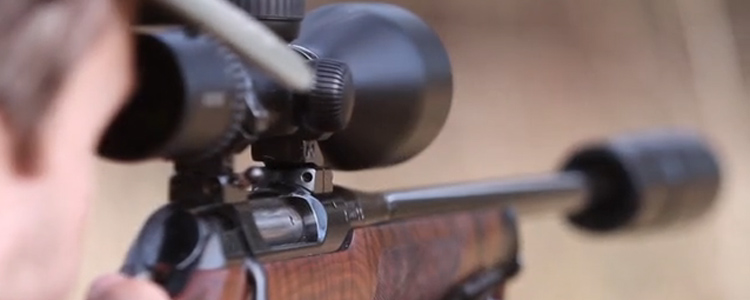
The environmental motivations behind the ban are difficult to dispute. Few would argue that 7,000 tonnes of lead dispersed into the landscape each year is desirable. Lead poisoning in waterfowl, raptors, and other species is well documented, and the persistence of this toxic metal in soils and waterways is a legitimate concern. For those of us who stalk, manage land, or take part in game shooting, the long-term health of the environment and the species we pursue is paramount. It is not the 'why' of the legislation that most object to, it is the 'how'.
The reality is that this change is being implemented at a pace many within the shooting sector feel is unrealistic. The three-year transition period may appear generous on paper, but in practice, it represents a narrow window in which to adapt manufacturing, supply chains, and shooting practice. There are still questions around the efficacy and availability of non-lead alternatives, particularly for those involved in larger game calibres or who rely on specialist loads.
This concern is not confined to trade bodies. In the immediate aftermath of the announcement, Fieldsports Channel conducted a poll which attracted over 2,000 responses. The result was emphatic: more than 80 percent of participants were opposed to the ban. This should give policymakers pause. When such a significant proportion of experienced shooters express resistance - not to the principle of change, but to the pace and process - it suggests that something in the approach is amiss.
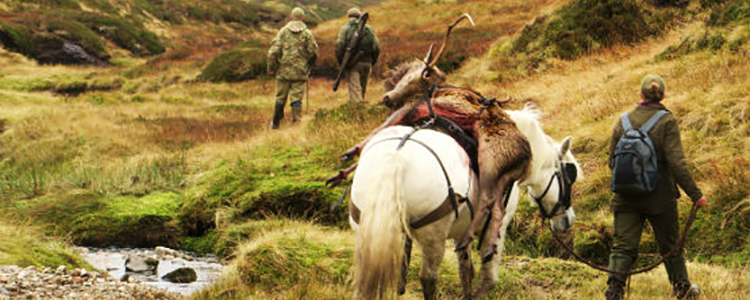
At Couty Deer Stalking, we have long advocated for thoughtful stewardship of both wildlife and our sporting traditions. The transition away from lead is both necessary and, ultimately, inevitable. But to be successful, it must bring the shooting community with it, not leave it behind. This means recognising the practical limitations faced by stalkers, gamekeepers, and rural businesses, and supporting them with clear guidance, realistic timelines, and reliable access to suitable alternatives.
If the goal is a sustainable countryside rich in biodiversity and rooted in responsible field sports, then collaboration, not imposition, must be the guiding principle. The next four years will be critical. Let us hope those in Westminster are prepared to listen as well as legislate.
If you would like to get into deer stalking, then theres no better place to start than with the Proficient Deer Stalker Level 1( PDS1): Proficient Deer Stalking Course - PDS1




